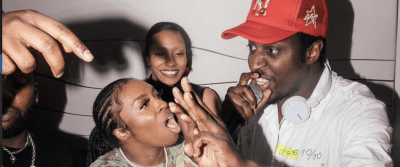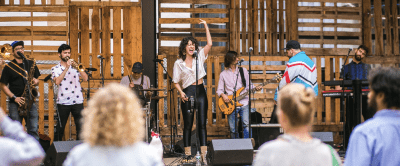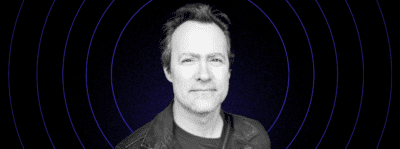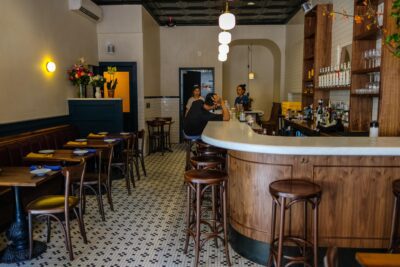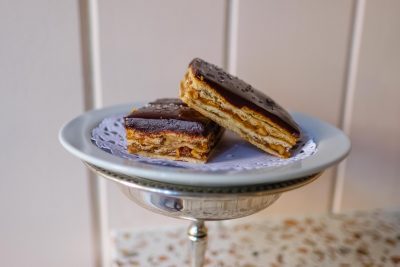FLAWD and All: Adrian Daniel talks Depression and Self-Love on New Album
PHOTOGRAPHY Aubrey Wipfli
When Adrian Daniel was in the fifth grade, he got left back. Not because he wasn’t smart, but because he didn’t attend summer school. That summer, Adrian’s mother had a planned a family vacation to Florida. Adrian wasn’t about to stay back in Brooklyn, so he finessed his mother into thinking that all was well at school. Though Adrian can’t remember what exactly he told his mother to make her believe him, what Adrian will never forget what happened at the end of the summer when they returned from Florida, and his mother found out that Adrian’s talents weren’t being taken to the sixth grade but making an about face.
In writing this story, I think about the people who will find a way to judge his mother. People who will gloss over the fact that Adrian lied, to shellac his mother for believing him so blindly. Throughout the summer Adrian convinced himself that he’d figure out a way to make it all right. But it’s those moments where trust is betrayed that we realized who’s really being lied to. Repeating the fifth grade not only taught Adrian that lying haunts the person who tells the lie by discouraging the person, who once believed, to listen.
The consequence of lying to ourselves, and others is a lesson that returns on Adrian Daniel’s latest album, FLAWD. Though being honest with ourselves is never easy, FLAWD is an album that tells us why it’s necessary. I linked with the East Flatbush native, Adrian Daniel at his old high school Boys & Girls in Bed-Stuy, where we talked about the role the Bed-Stuy Restoration played in his development as an artist, fight with depression, and why it’s ok to be flawed.
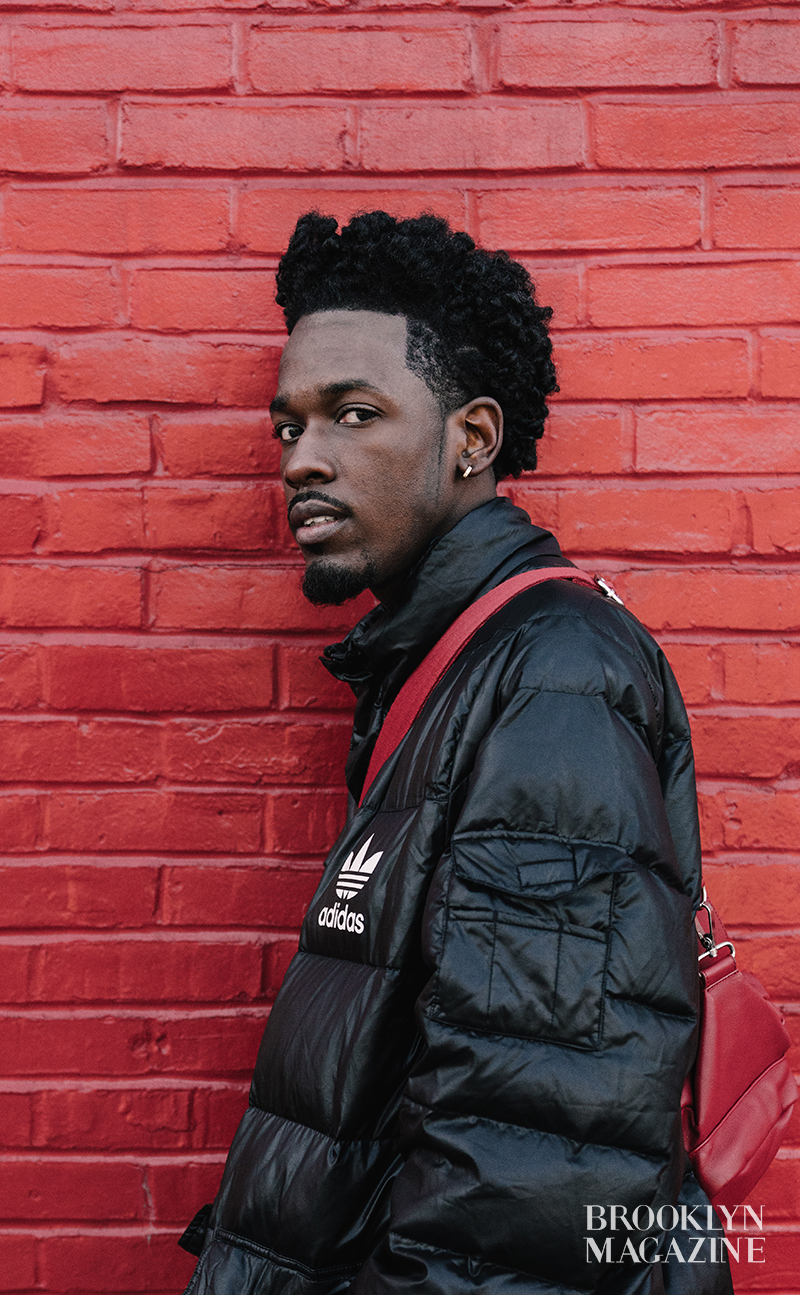 Before you began doing music, your mother got you into dance. What was her decision for doing that?
Before you began doing music, your mother got you into dance. What was her decision for doing that?
I had so much energy and used to always try to mimic Michael Jackson in front of the TV. She saw that and said, “I’m putting you in dance class.” I didn’t want to go. They wanted me to wear tights. I hated it.
She knew what was going around in the neighborhood. I was a hothead. I knew all the thugs. She was like “I don’t want you in that.” So she put me in dance class purposely so I had something to do after school, and on the weekends.
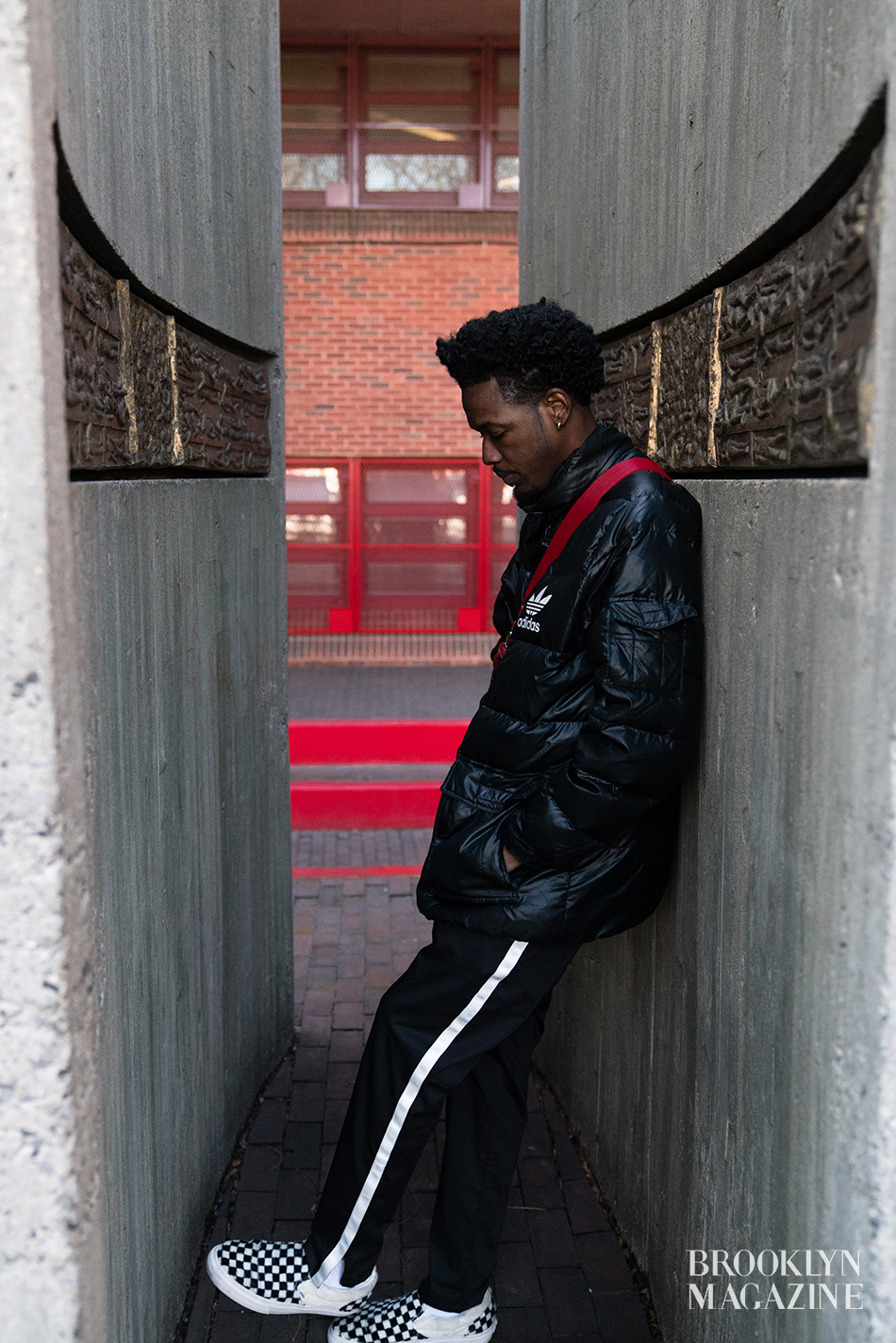

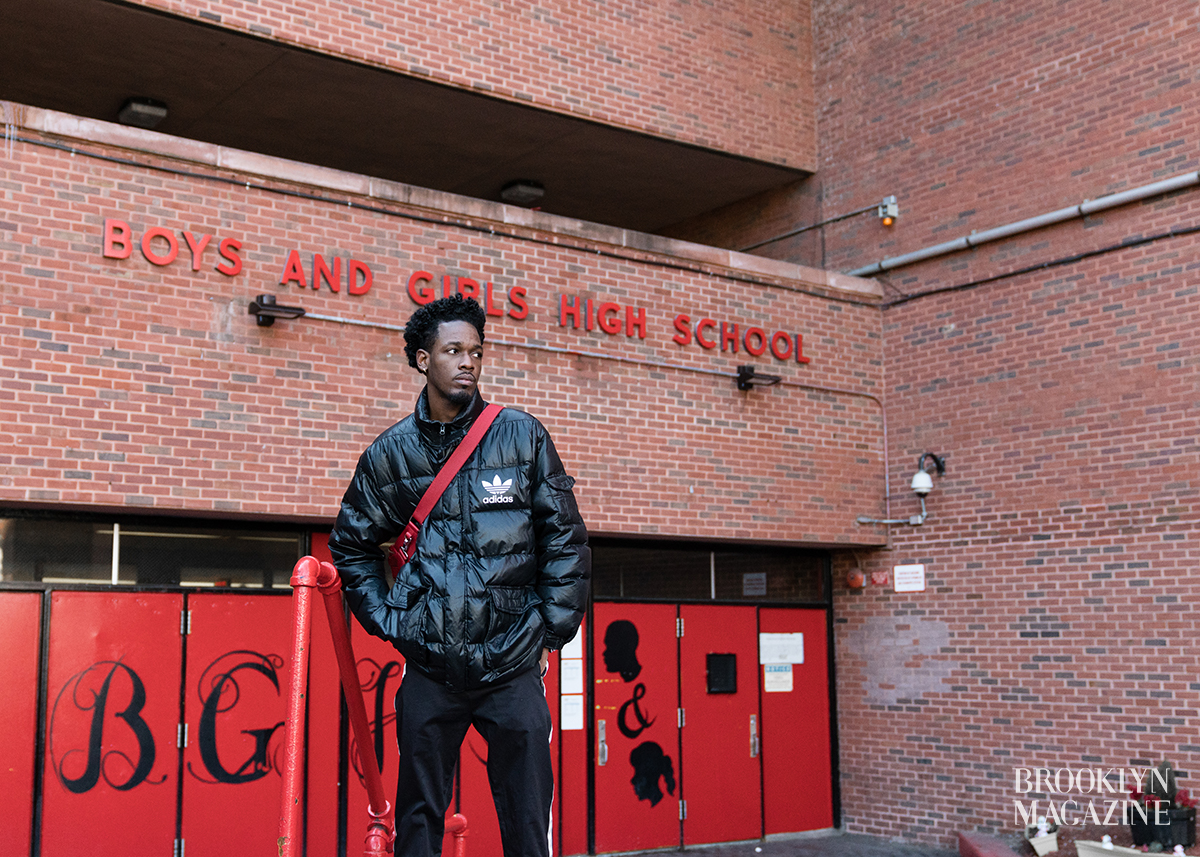

To me, everything is music. There’s a rhythm in our body and minds that lives in us. Like sometimes I’d come here mad—because I got into a fight, or someone tried to rob me—and the dance instructors would have me do like all the positions, the warm ups, the stretches and I would literally feel better. That’s how the music got involved for me. Because of the dancing, I’m hearing it all the time—and I wasn’t even noticing the effect on me. There’s just so much discipline that I got here, at Bed Stuy Restoration]. It was here that I learned once you start something you finish it.
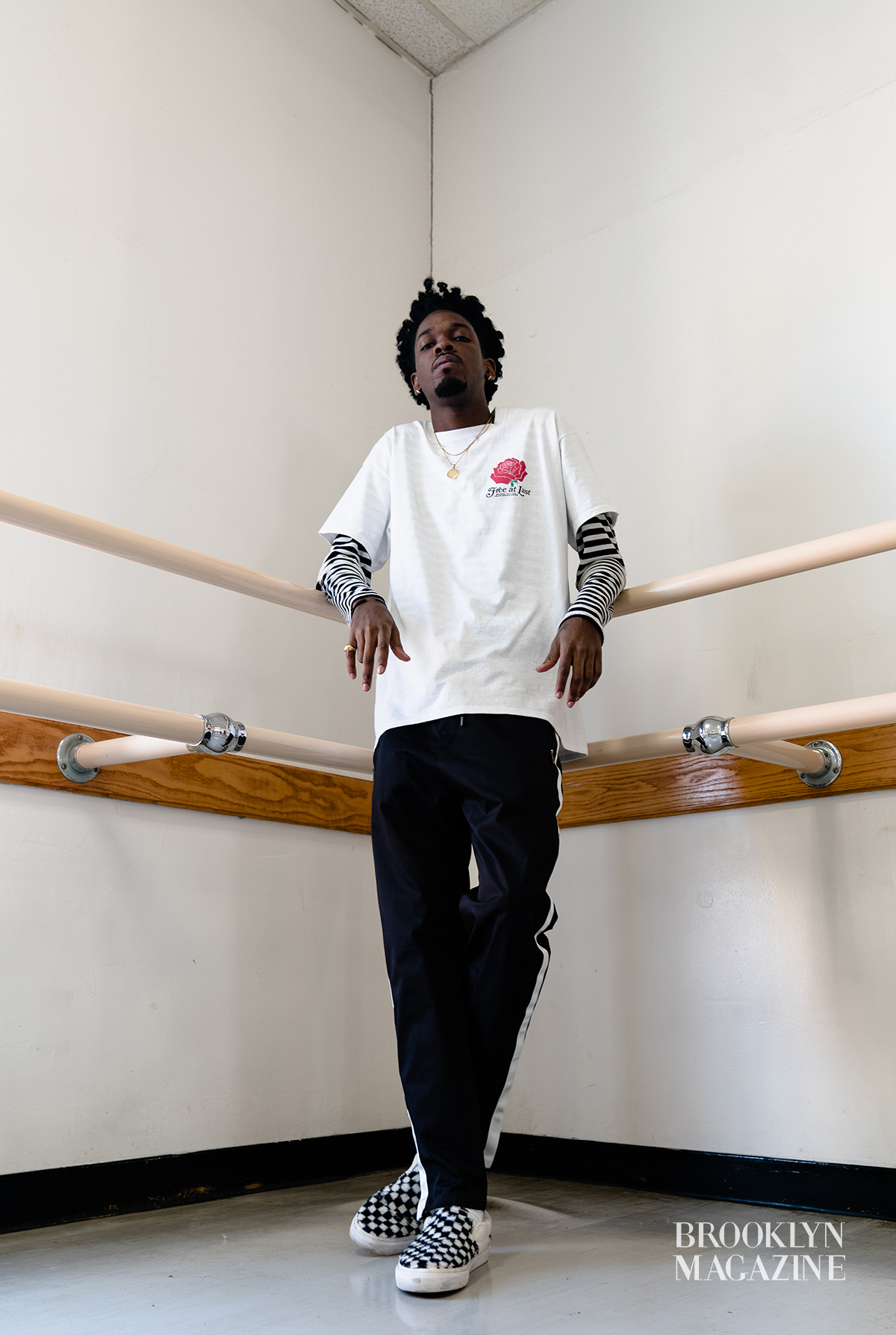

When I really got into [the music], I was 18. The only person who really knew was my brother. He was a rapper, and he knew I sang from when we were younger. Our godfather was [the jazz musician] Lionel Hampton, so we used to go by our godfather’s house. When we were there, I would sing, and Lionel would say, “You know, you can sing.”
My brother would hear that. One day he asked me to sing a hook for him. I was like, “What you talkin’ ’bout?” Yeah, he knew because our Godfather was Lionel Hampton. And he’s like, “You write poetry. Write it out.” I did but it was bad but my brother thought it was amazing. I didn’t know what I was doing. I was just trying to mimic what I’ve heard. And that’s the worst thing you can do as a creative is mimic what already exists.
At the time I started making music, T-Pain was on fire. So I was trying to like sound like him. It just wasn’t good—but my brother just kept encouraging me: “Keep working at it.” Him and Miss Peggy, [who worked at Bed Stuy Restoration] were the ones who really encouraged me.
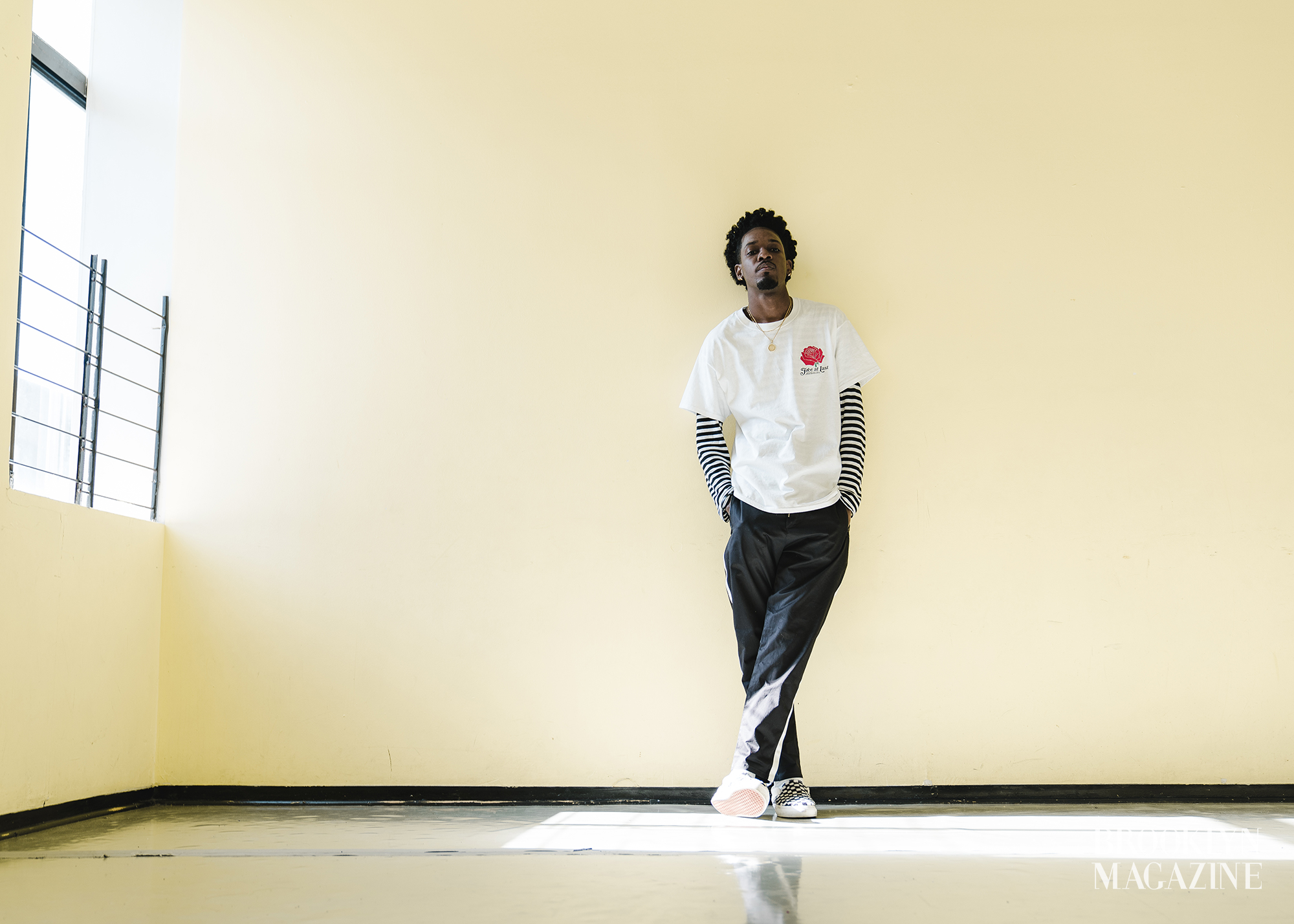

There was this day I brought this song I wrote home to my mother. The song I wrote her was called, “True Love.” It was on my first mixtape I ever did. It was like four or three in the morning, I woke her up out of her sleep and I played it for her. The first thing she said to was, “This isn’t you.” And I told her, “This is me. This is my song.”
When my mother realized it was me she said, “I think you got something here.” Because she grew up on so much music, my mother is like the hardest person to please. Once I knew she liked it, I was good to go.
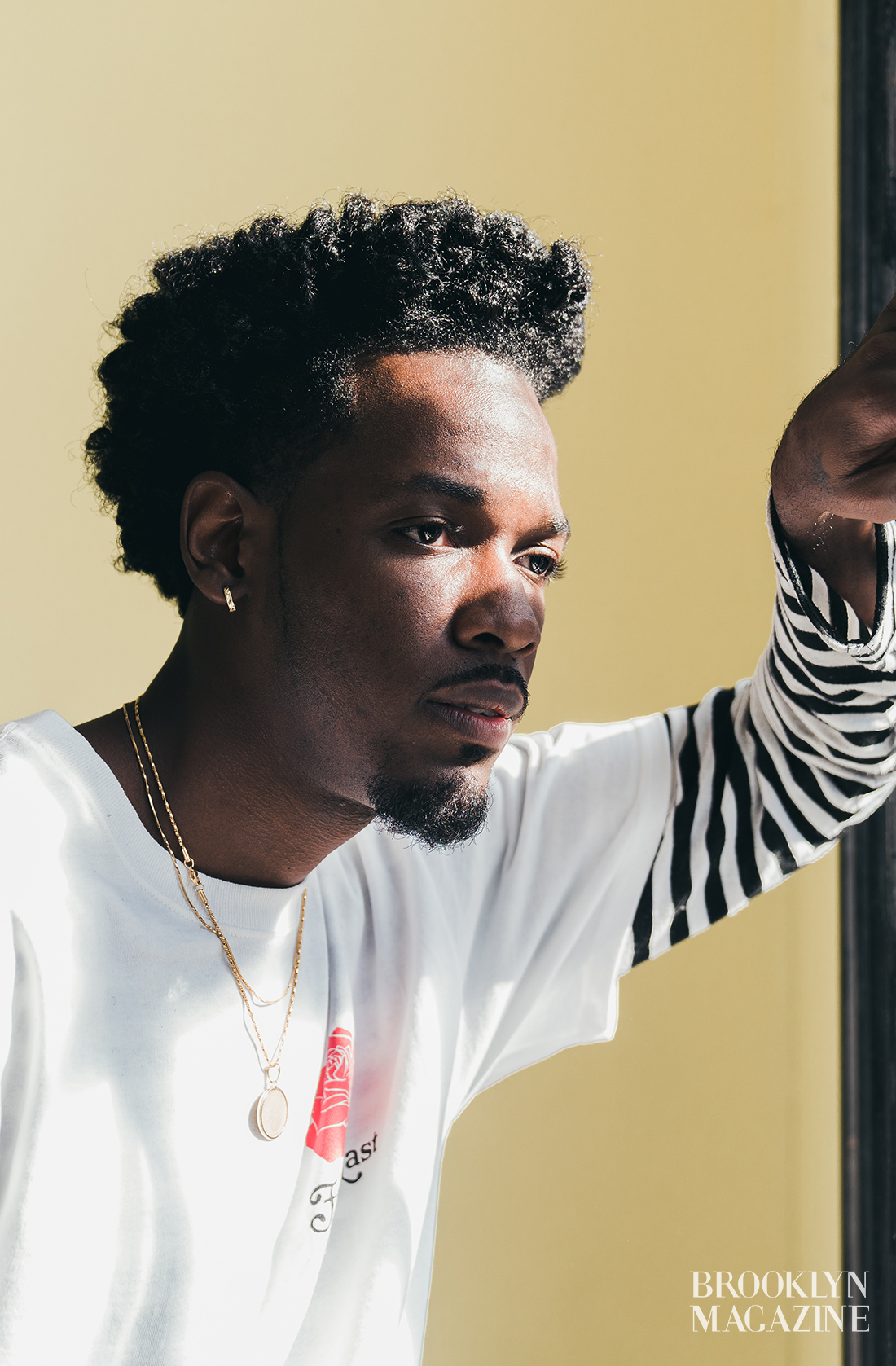

Just going back to the basics of studying each specific thing. I ask a lot of questions—to engineers, producers, artists, dancers, photographers, film makers, directors, fashion designers, whoever. I remind myself that there’s always more to learn. I’m not afraid to fail at something that I don’t want to suck at. That’s how I learn my craft.
What was the idea for FLAWD?
I grew up in a household where you couldn’t come home with a 95. You had to have 100. Having that mentality, where I had to be perfect all the time, led to a serious depression in high school. When you don’t feel like you’re good at anything, you have this moment where you say to yourself, “Maybe I shouldn’t be here?”
I had people in my life that really did care about me, that really did want the best for me, I just couldn’t see it. I thought not having everything together was wrong; then I realized [not having everything together] makes us human. FLAWD is about confronting and accepting those moments when we don’t have everything together.
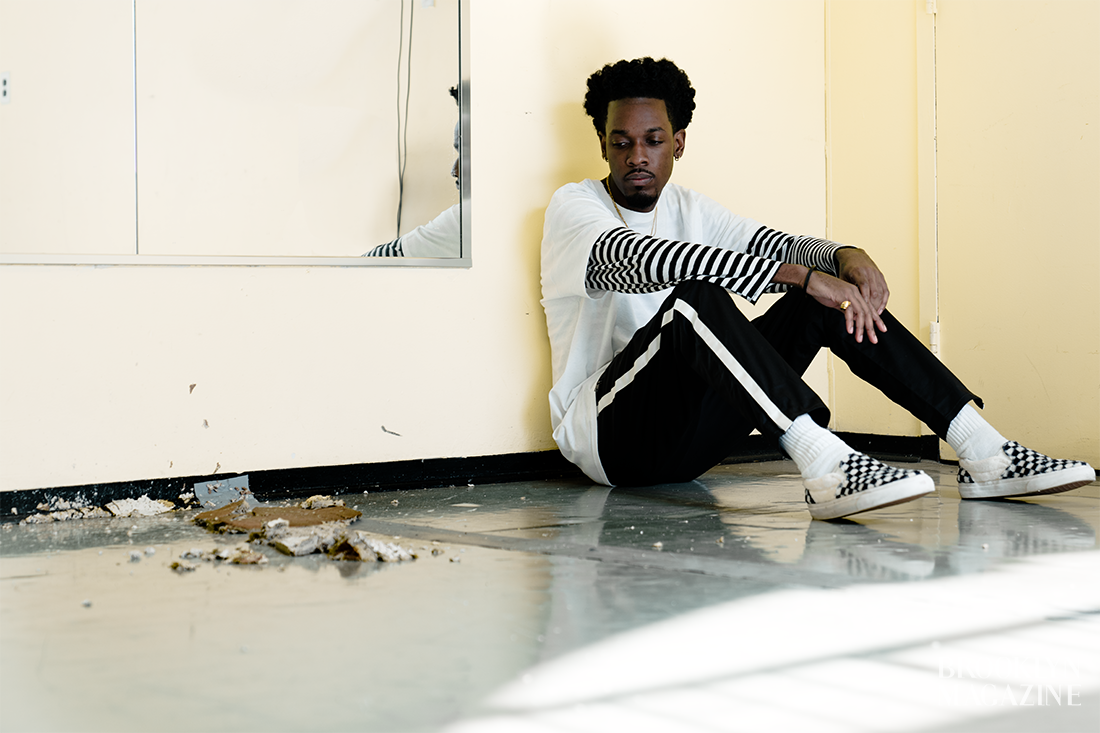

Did you understand this concept while you were recording the album, or after?
I used to hide under my bed because I was afraid to go outside and my brother one time, he found me and he said, “How long are you gonna keep being afraid?” It just took him to say that to me. Because he never would never talk about it. Like he would never say anything. He would always tell my mom, “He’s just gotta figure it out.” And then he said, “When you gonna stop being afraid?” And I stopped being afraid.
That day I got up, when to my school, talked to my advisor and I told them I needed to transfer. I went and looked up schools online that I could transfer to that I feel like would be good for me to go at. My mom didn’t even know. I told her after. I told her listen I’m gonna finish in a year.” At this time I had like 14 credits, so I’m gonna finish in a year. I finished in a year and I got an Advanced Regents Diploma. That’s when I realized that the only thing holding me back was me. Once I accepted that it’s okay to not be okay, and that pain comes with living and growing, my whole life changed.
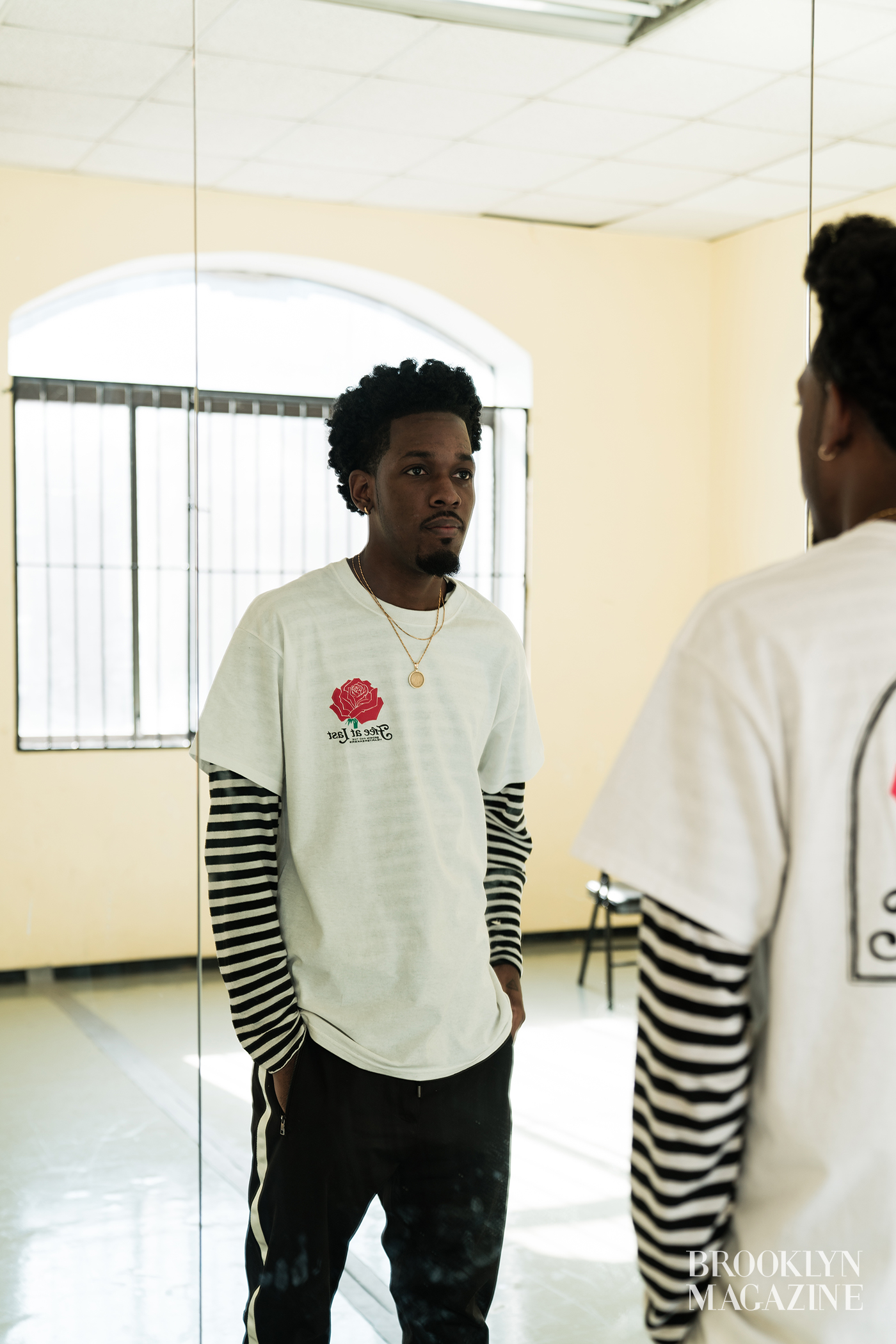

A lot of people don’t want to do that work of seeing how we can sometimes be our own worst enemies. It’s very hard to take responsibility for our own crap as human beings. That’s what this record is about.
After I finished [FLAWD] I had a moment where I wasn’t sure if I wanted to release it, because you know, as a man and where we come from, vulnerability is not something we immediately embrace. I ultimately released the album because, more important than anyone else’s approval, was my own.
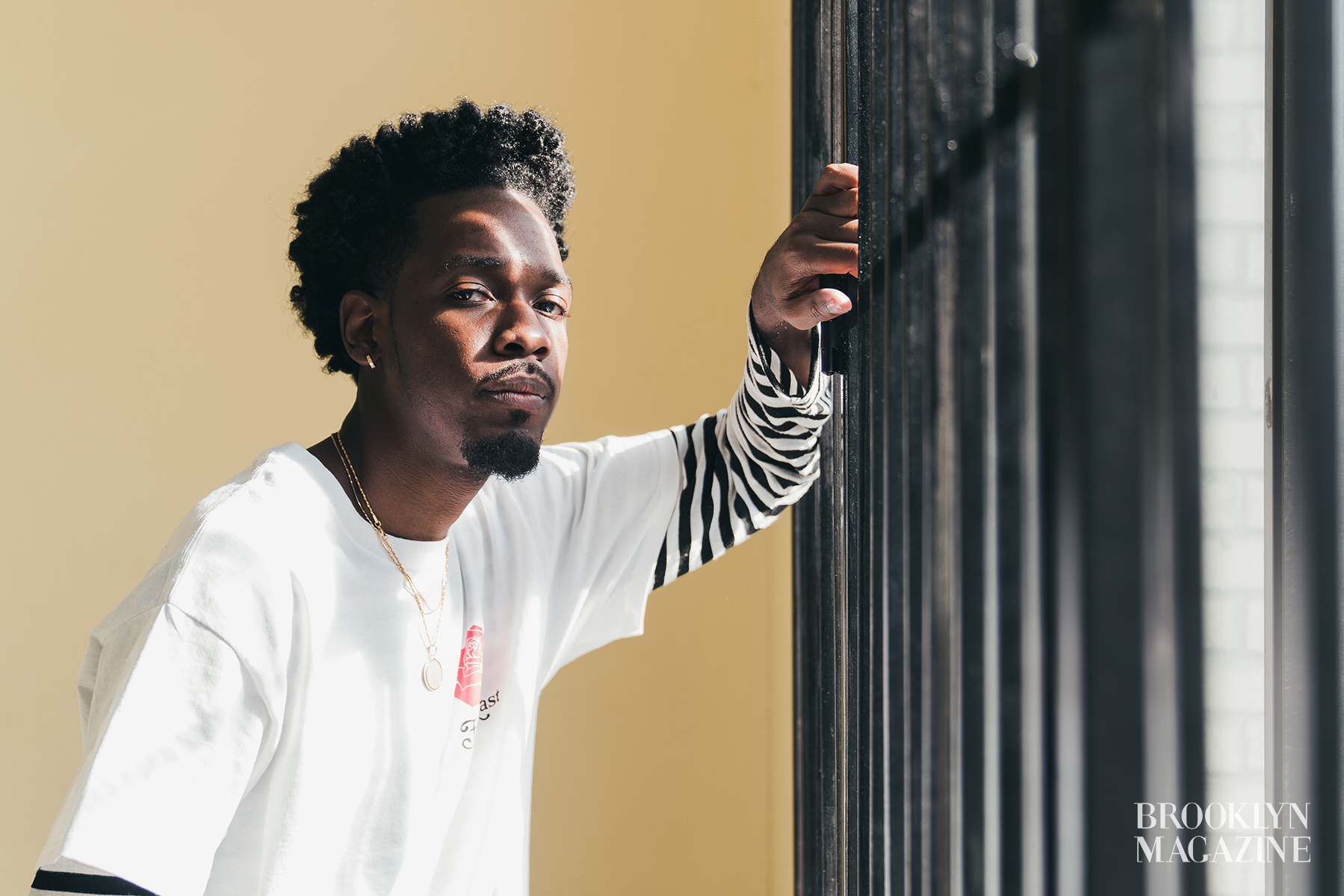
Editor’s Note: Adrian Daniel will be performing Thursday, April 12th, at the Apple Store in Williamsburg, 7pm. Click here for more details.
You might also like 

















